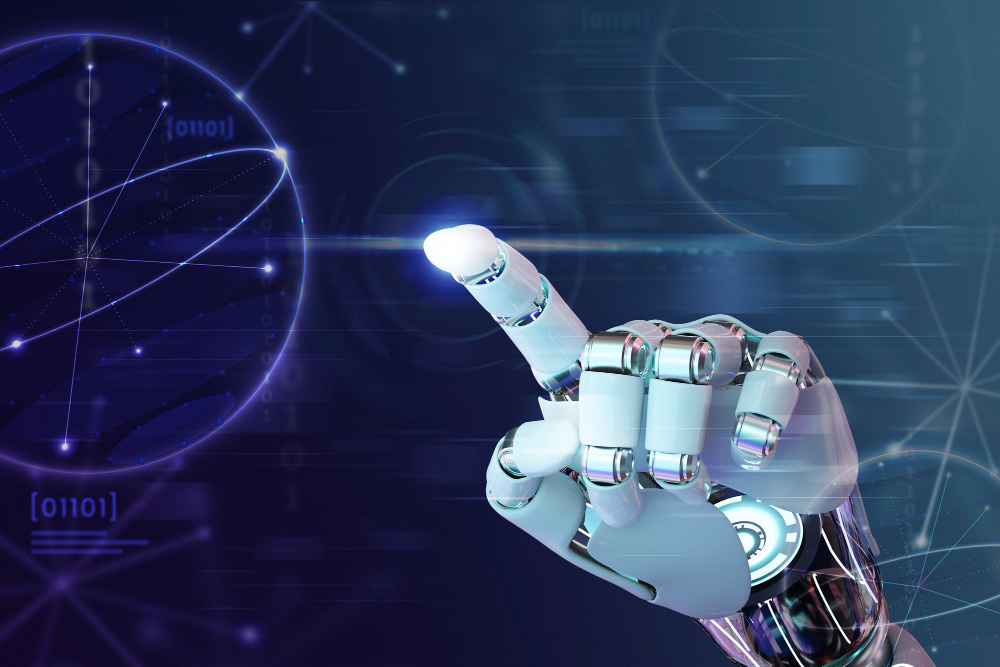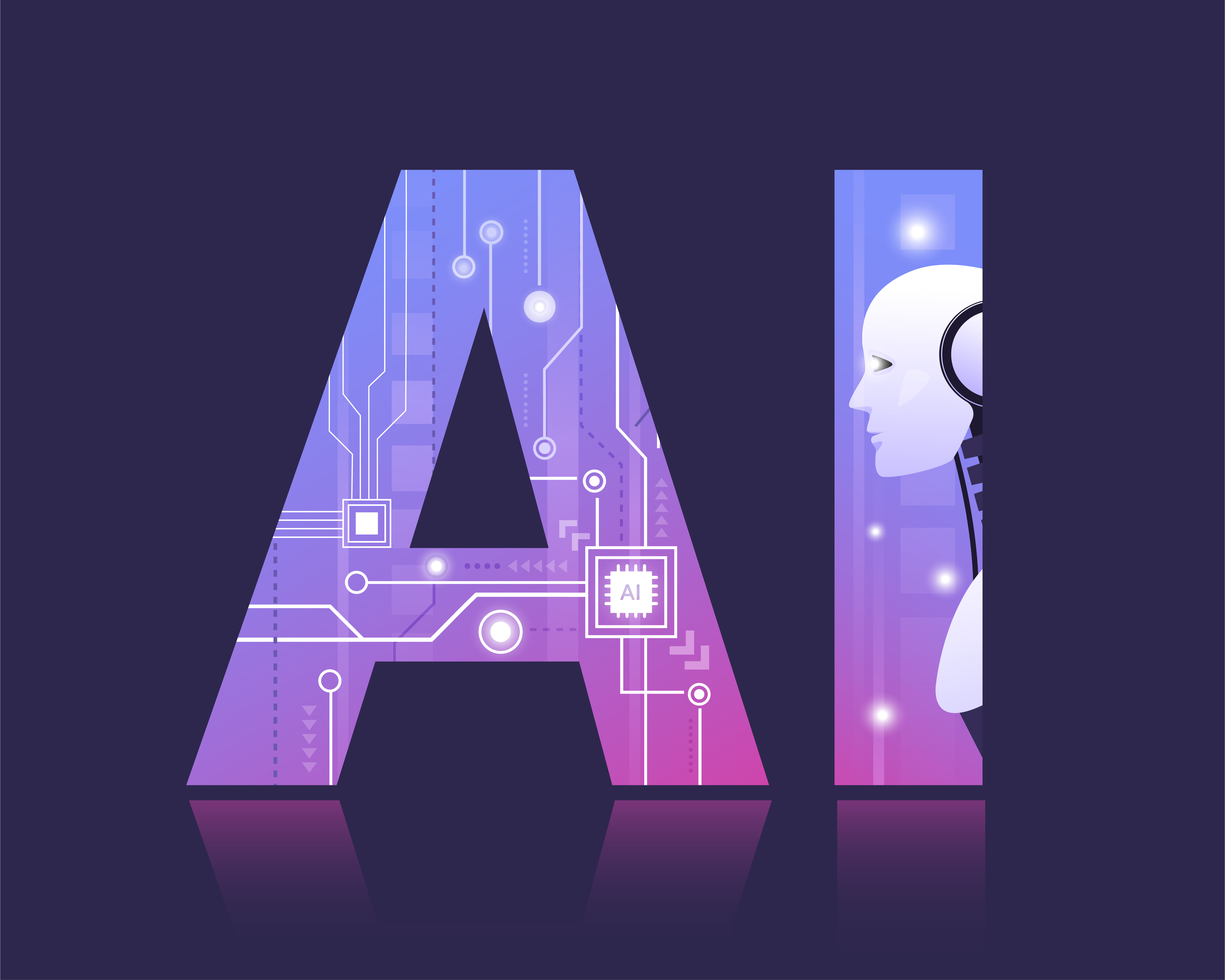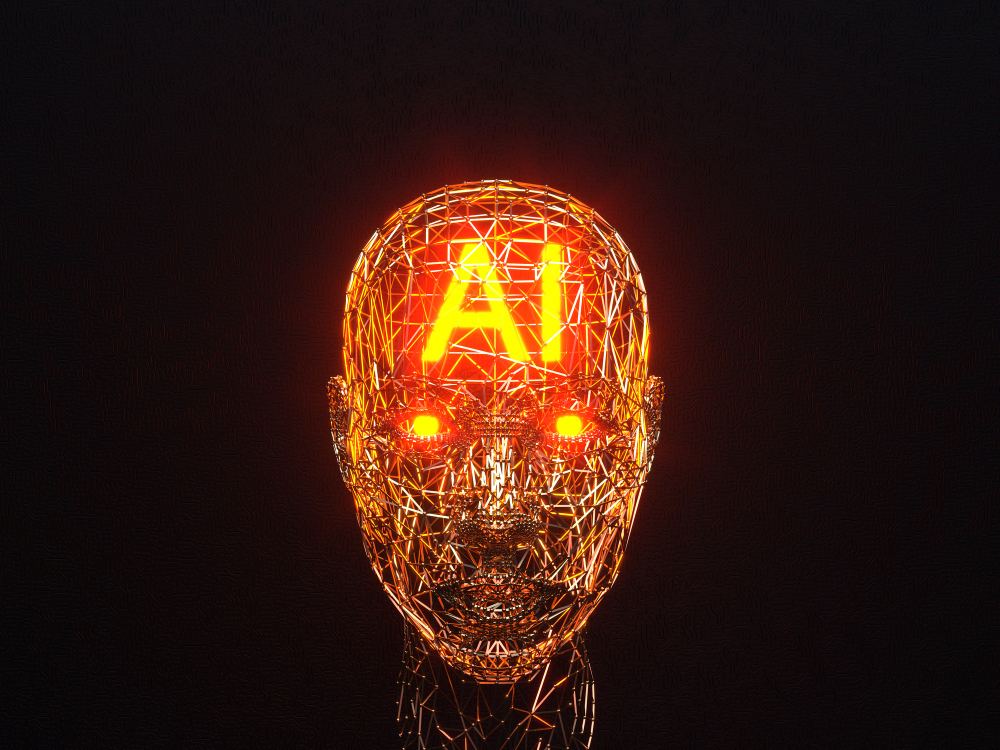Smarter Cities, Better Living: AI Applications Driving Sustainable Urban Development

As the world's population continues to urbanize, with over 68% of people projected to live in urban areas by 2050, the need for smarter, more sustainable cities has become more apparent than ever. In this context, Artificial Intelligence (AI) is emerging as a game-changer, offering innovative solutions to address the challenges of urbanization. From improving transportation and energy efficiency to enhancing safety and urban planning, AI applications are revolutionizing the way we develop and manage our cities. This article explores how AI is driving sustainable urban development, making our cities smarter and our lives better.
AI for Efficient Transportation Systems
One of the most critical aspects of a well-functioning city is its transportation system. AI has the potential to optimize transportation networks, reducing traffic congestion and improving public transit. For instance, AI-powered traffic management systems can analyze real-time data from various sources, such as traffic cameras and sensors, to predict and alleviate traffic bottlenecks. By adjusting traffic signal timings, suggesting alternative routes, and providing information to commuters, these systems minimize delays and promote smoother traffic flow.
Additionally, AI is enabling the development of autonomous vehicles, which could transform urban transportation. Driverless cars, buses, and shuttles can improve road safety by reducing human error, while also allowing for more efficient use of space on roads. Furthermore, AI-powered ride-sharing platforms can optimize routes and allocate rides more effectively, reducing the number of cars on the road and contributing to lower emissions.
Energy Efficiency through AI-driven Solutions

A sustainable city is an energy-efficient city. AI applications can help cities achieve this goal by optimizing energy consumption in various ways. For instance, AI-powered building management systems can analyze data from multiple sources, such as weather forecasts and occupancy patterns, to regulate heating, cooling, and lighting systems more effectively. This can result in significant energy savings and a reduction in greenhouse gas emissions.
Moreover, AI can play a crucial role in managing and optimizing smart grids, which are electricity networks that use digital technology to monitor and control the flow of energy. AI algorithms can predict energy demand and supply, allowing for better load balancing and reducing the need for energy storage. This enables the integration of renewable energy sources, such as solar and wind power, into the grid, further enhancing sustainability.
Enhancing Safety and Security in Cities
The safety and security of citizens are paramount to a thriving urban environment. AI applications can help cities address various safety concerns, from crime prevention to disaster management. For example, AI-powered video surveillance systems can analyze real-time footage to detect suspicious activities or potential hazards, alerting authorities and enabling a rapid response.
Furthermore, AI can aid in predictive policing by analyzing historical crime data to identify patterns and trends, which can help law enforcement agencies allocate resources more effectively and prevent crime. AI-driven emergency response systems can also improve disaster management by predicting the impact of natural disasters, such as floods or hurricanes, and coordinating evacuation and rescue efforts more efficiently.
AI in Urban Planning and Development

Urban planning plays a critical role in shaping sustainable cities, and AI can offer valuable insights for better decision-making in this domain. AI algorithms can analyze vast amounts of data from various sources, such as satellite imagery, social media, and census data, to identify trends and patterns in urban development. This can help urban planners and policymakers make informed decisions about land use, infrastructure, and zoning.
Moreover, AI-powered simulation tools can help planners visualize the impact of proposed development projects and assess their potential consequences on the urban environment. By evaluating factors such as traffic congestion, air quality, and access to public services, these tools can guide planners in creating more sustainable and livable cities.
Citizen Engagement and AI-driven City Services
A smart city is one that engages its citizens and leverages their collective intelligence. AI applications can facilitate better communication between city authorities and residents, enabling more responsive and efficient city services. For instance, AI-driven chatbots can handle citizen inquiries and requests, such as reporting potholes or requesting permits, streamlining processes and reducing administrative burdens.
Additionally, AI can be used to analyze data from social media and other platforms to identify citizens' concerns and sentiments. This can help city officials understand and address the needs and priorities of the community, leading to more effective governance and improved quality of life.
AI applications are driving sustainable urban development by making cities smarter, more efficient, and more responsive to the needs of their residents. By harnessing the power of AI, we can create urban environments that are not only better places to live but also more sustainable and resilient in the face of future challenges. As technology continues to advance, the potential for AI to revolutionize urban life will only grow, leading to a brighter, more sustainable future for all.
--------------------------------------
ZapMyWork.com is your one-stop shop for all your freelance needs. We are an online marketplace that connects clients with skilled and talented freelancers from around the world. One of the things that sets us apart from other freelance marketplaces is our rigorous screening process. We carefully vet all of our freelancers to ensure that they have the skills and experience to deliver high-quality work, one project at a time. Let us know how we can help you today!
Recent Posts
-
04/26/2024Thriving Through Flexibility: How FlexiConsulting Found Success with ZapMyWork
-
04/19/2024Flourishing Home Trends: How "ZapMyWork" Became the Cornerstone of Our Interior Design Success
-
04/15/2024Weaving Success with ZapMyWork's Freelance Marketplace
-
04/12/2024Streamlining Project Management in Small Businesses: The ZapMyWork Experience with ClearVision Consulting
-
04/10/2024Transforming Toy Design with Electronics Engineering Freelancers: A Case Study on ToyInnovate
Store Address
Information
Copyright © 2022 - Present. ZapMyWork, LLC. All Rights Reserved




